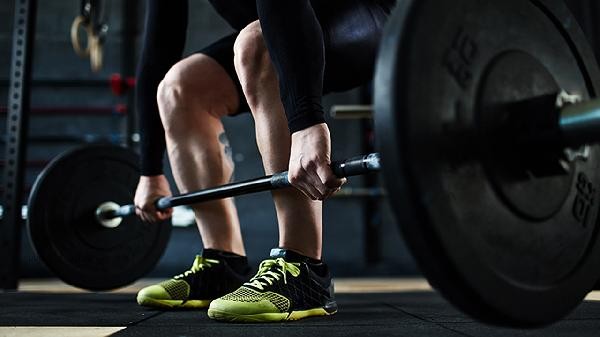Fitness weight gain can be achieved through a high protein, high carbon diet combined with strength training, with the key being calorie surplus and balanced nutrition. A weight gain diet should focus on a reasonable ratio of high-quality protein, complex carbohydrates, and healthy fats, while also incorporating progressive resistance training to stimulate muscle growth.

1. Calorie Calculation
The daily intake should exceed the consumption by 300-500 kcal, and the basal metabolic rate can be estimated through a formula. The activity coefficient should be selected as moderate intensity exercise 1.55-1.75. It is recommended to consume 1.8-2.2 grams of protein, 6-8 grams of carbohydrates, and 20% -30% of total calories from fat per kilogram of body weight. Use food scales and diet tracking apps to accurately control intake.
2. Protein Selection
Prioritize animal proteins such as eggs, chicken breast, lean beef, salmon, etc., and pair them with plant proteins such as soybeans and quinoa. Supplementing whey protein powder within 30 minutes after training helps with muscle synthesis, while casein is suitable for supplementation before bedtime. Avoid processing meat products and consume 5-6 meals per day to ensure a continuous supply of amino acids.
3. Carbon water pairing
Choose low GI staple foods such as oats, brown rice, and whole wheat bread as the foundation, and supplement high GI foods such as bananas and white bread before and after training to quickly provide energy. Sweet potatoes, corn and other root and stem crops provide long-lasting energy, with 50% -60% of the daily carbon and water content allocated for 2 hours before and after training.

4. Fat intake
Supplementing unsaturated fatty acids with nuts, avocados, and olive oil, and moderate intake of animal fat to maintain testosterone levels. Avoid trans fats, limit nuts to 30 grams per day, and use no more than 25 grams of cooking oil. Fish oil supplements can help reduce inflammation during training.
5. Training Coordination
Differentiated training is used for large muscle groups, with compound movements such as squats, hard pulls, and bench presses 2-3 times a week, with 8-12 exhaustion per group. Gradually increase the weight by 5% -10%, and rest between groups for 60-90 seconds. After training, supplement with a 3:1 ratio of carbohydrates to protein meal, and before bedtime, supplement with casein to prevent muscle breakdown.

During the weight gain period, measure the changes in body circumference every week and control the weight gain within 0.5-1 kg to avoid fat accumulation. Ensure 7-8 hours of sleep to promote growth hormone secretion, and supplement vitamin C and E within 48 hours after training to alleviate oxidative stress. Drink 2.5-3 liters of water daily to maintain metabolic levels and avoid muscle depletion during fasting training. Regularly adjust the calorie intake to prevent plateau periods, and adjust the carbohydrate ratio when the body fat percentage exceeds 18%.






Comments (0)
Leave a Comment
No comments yet
Be the first to share your thoughts!